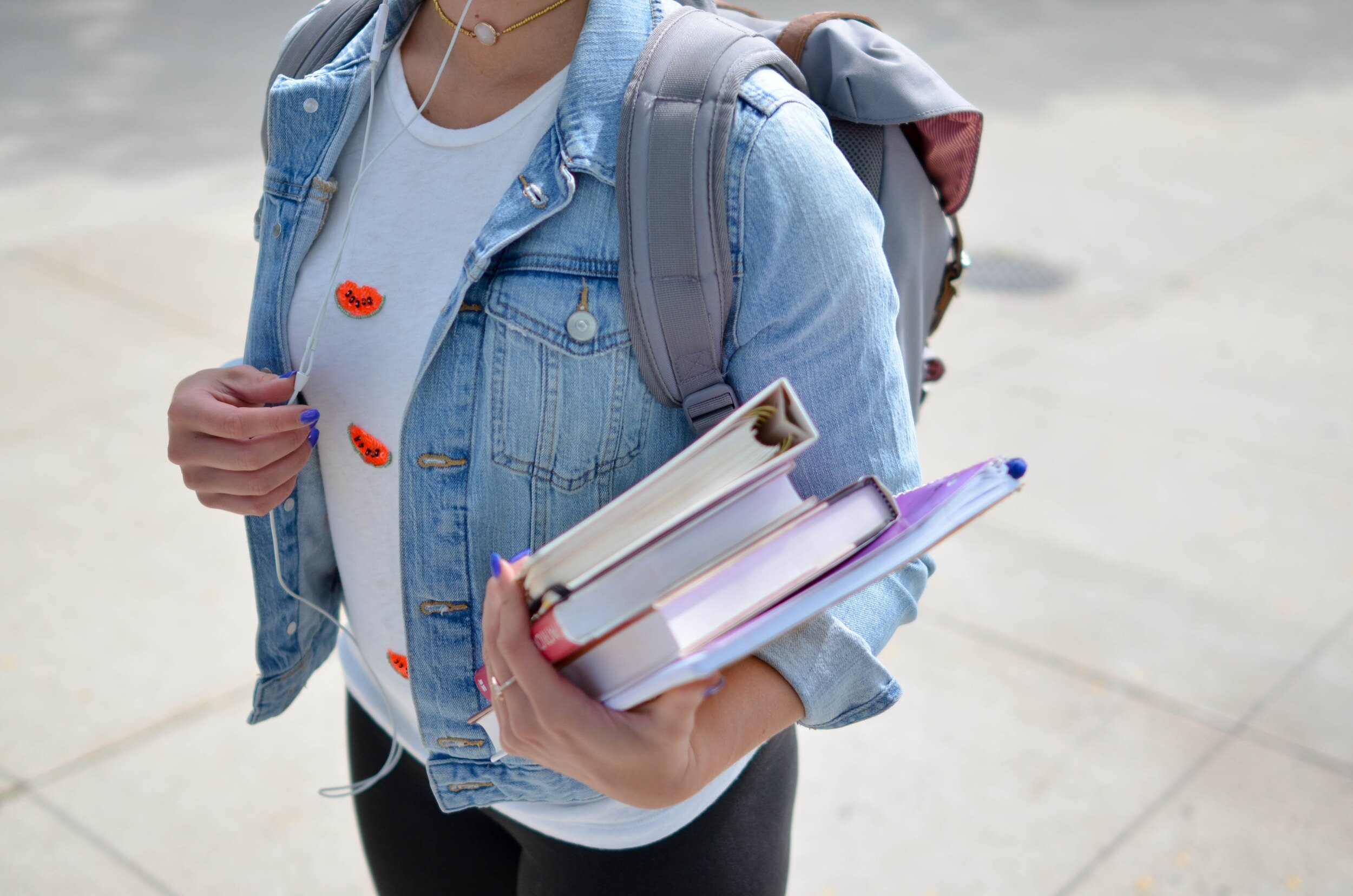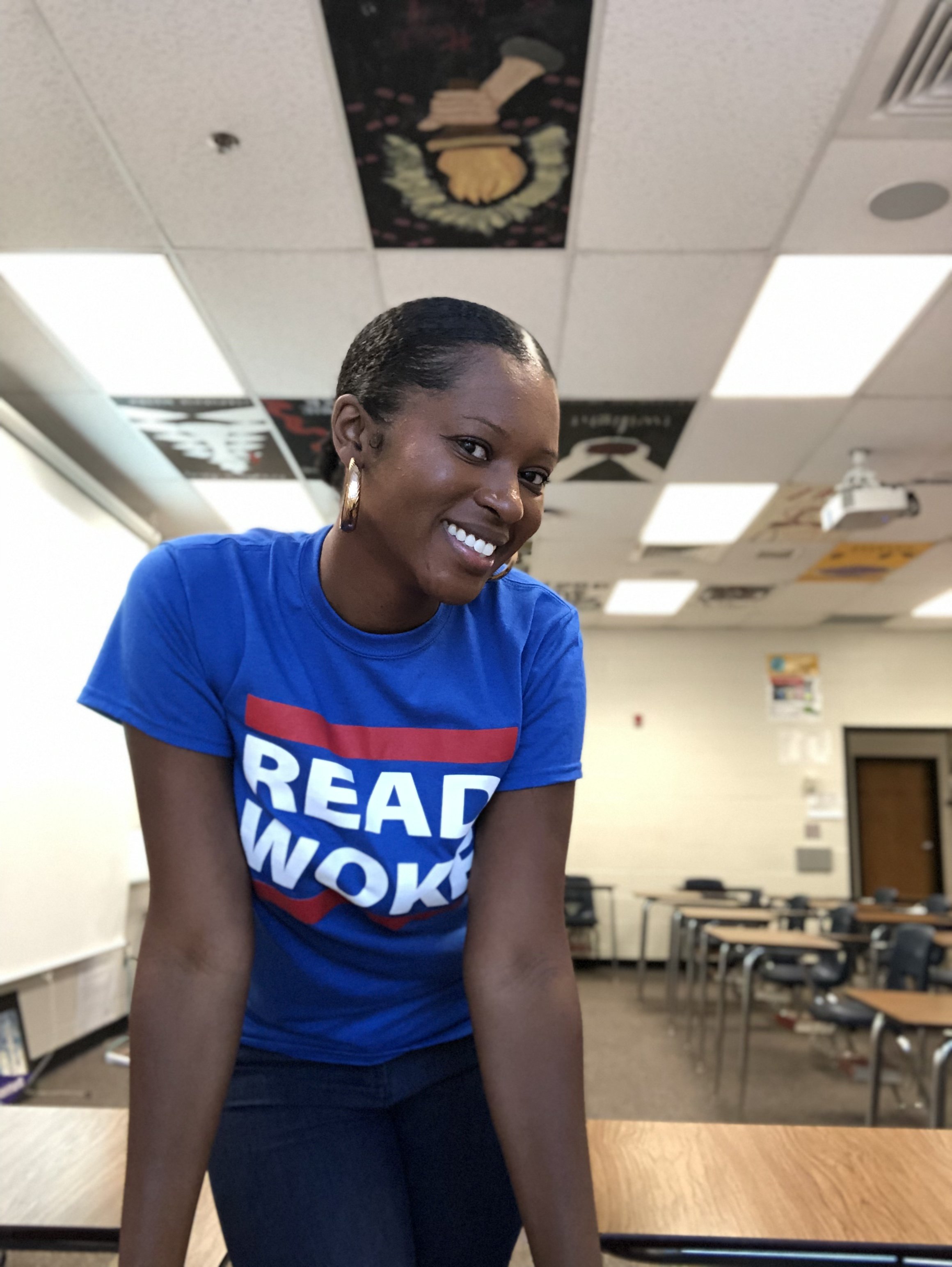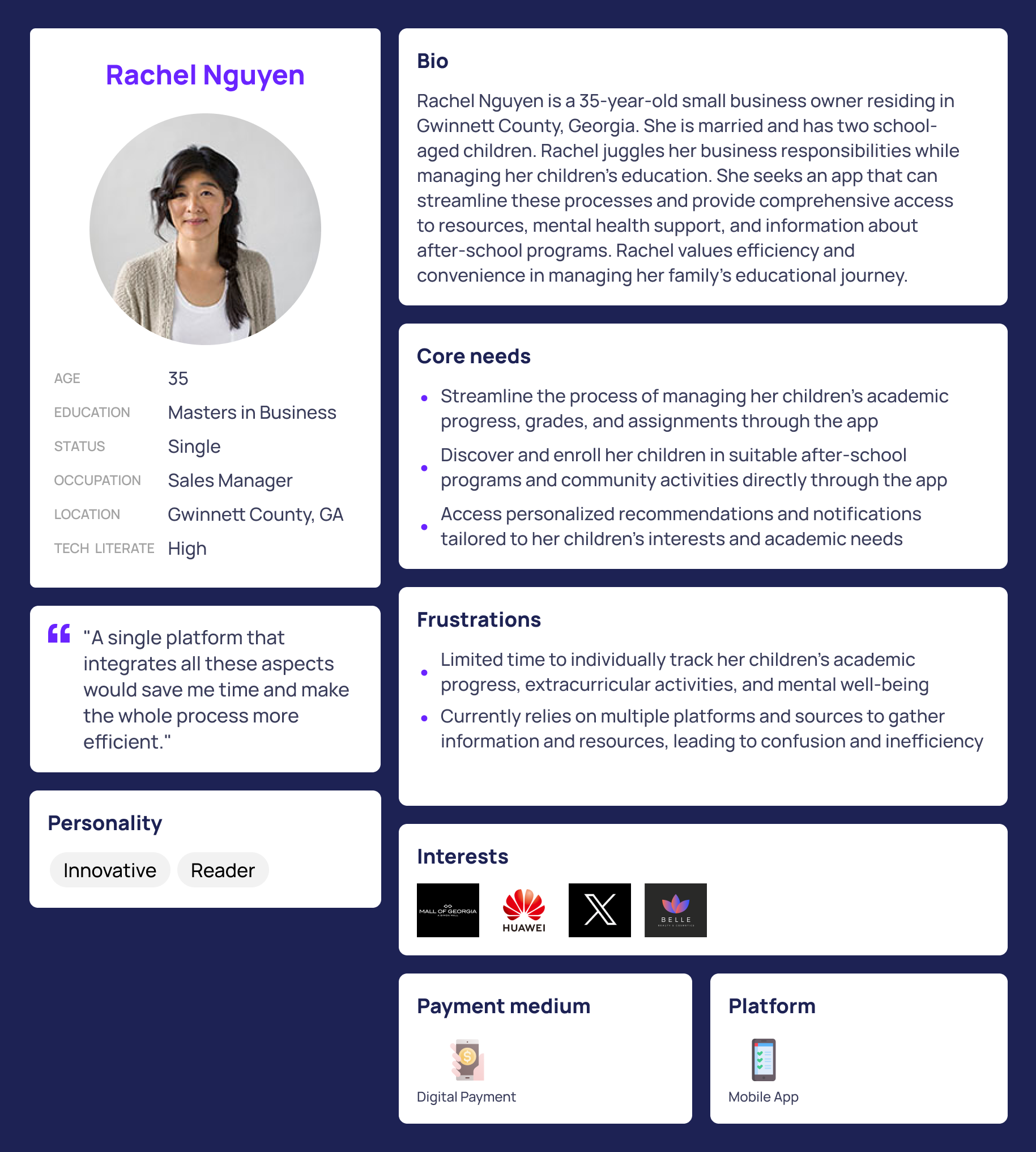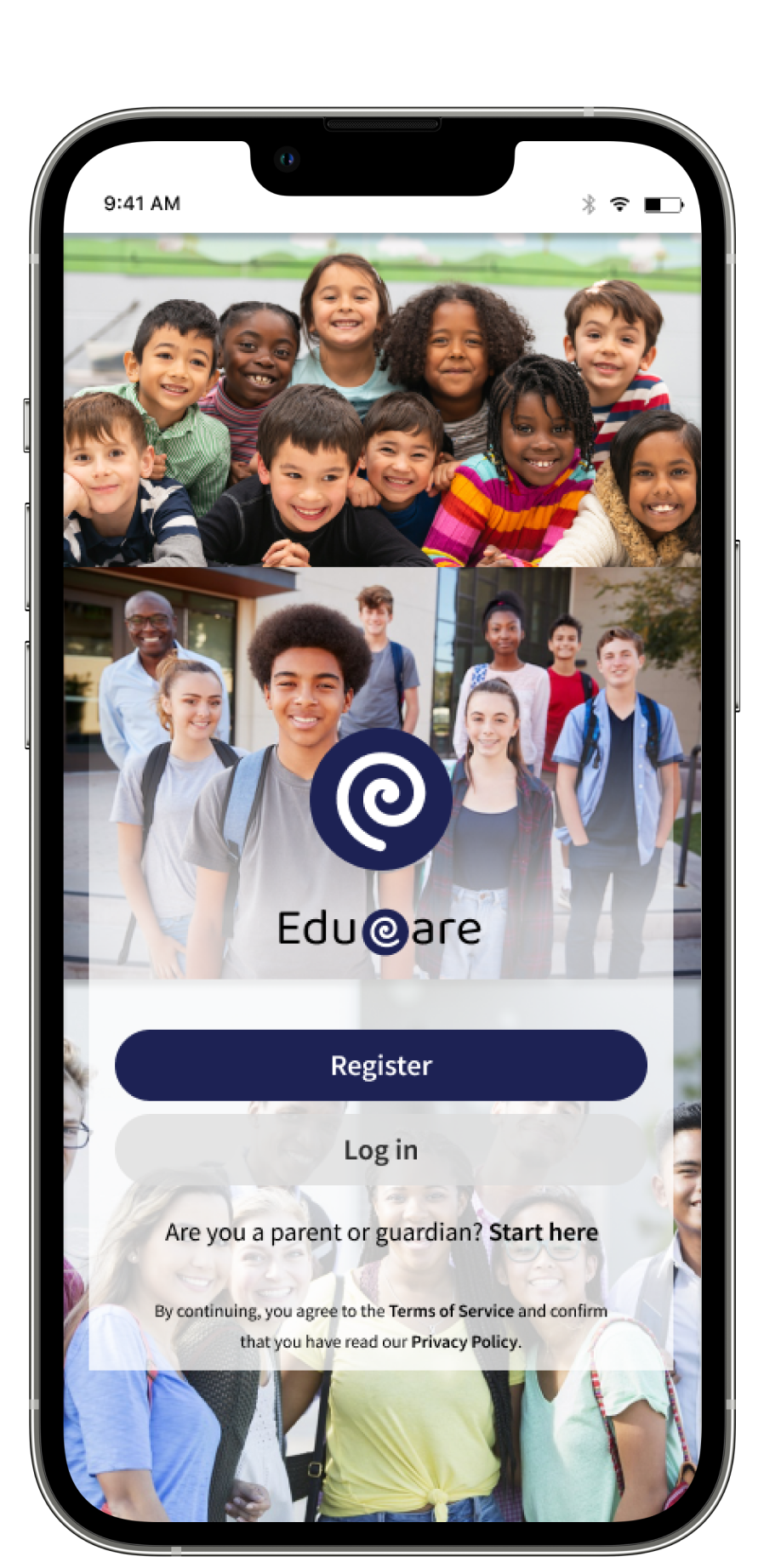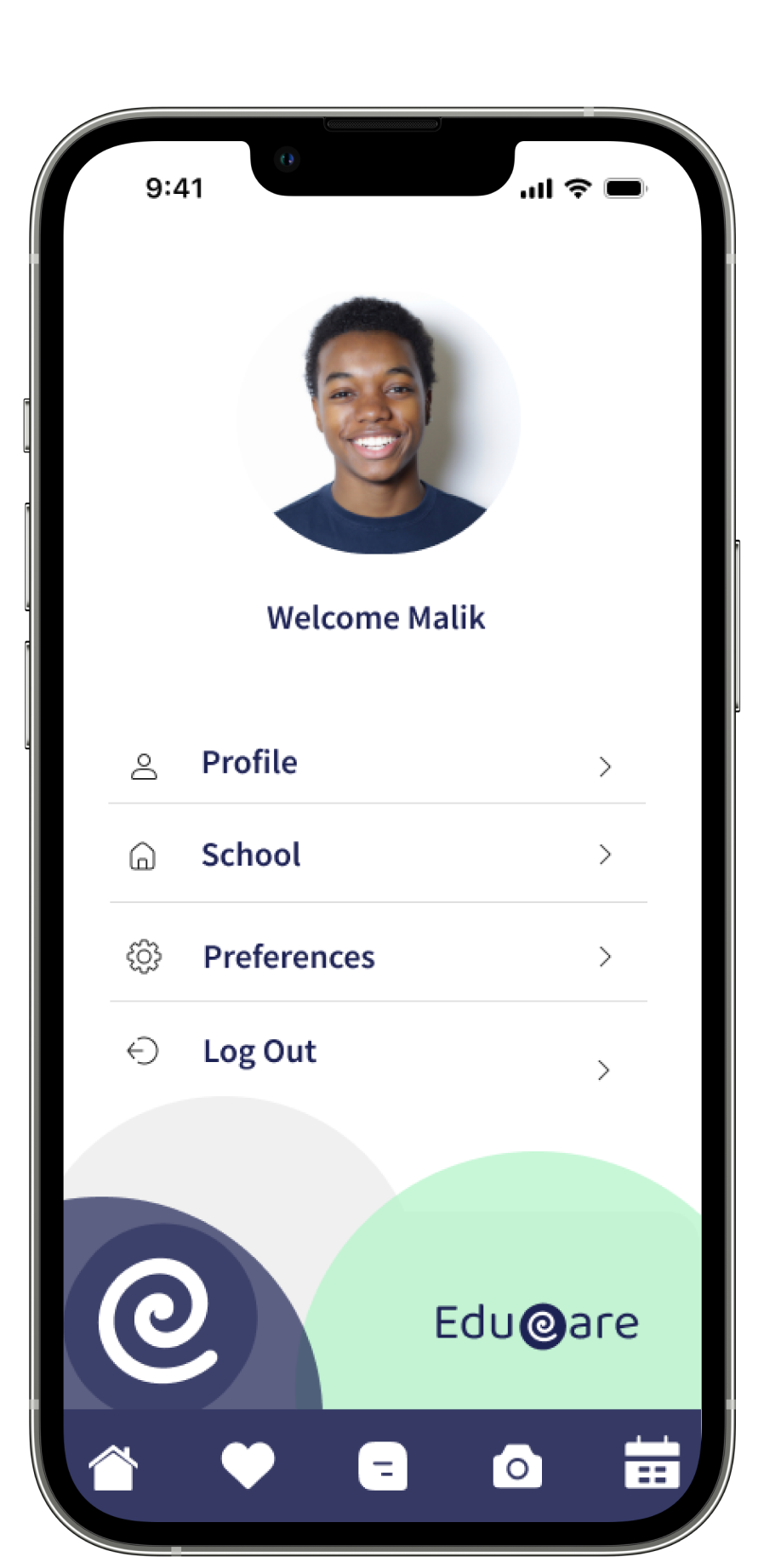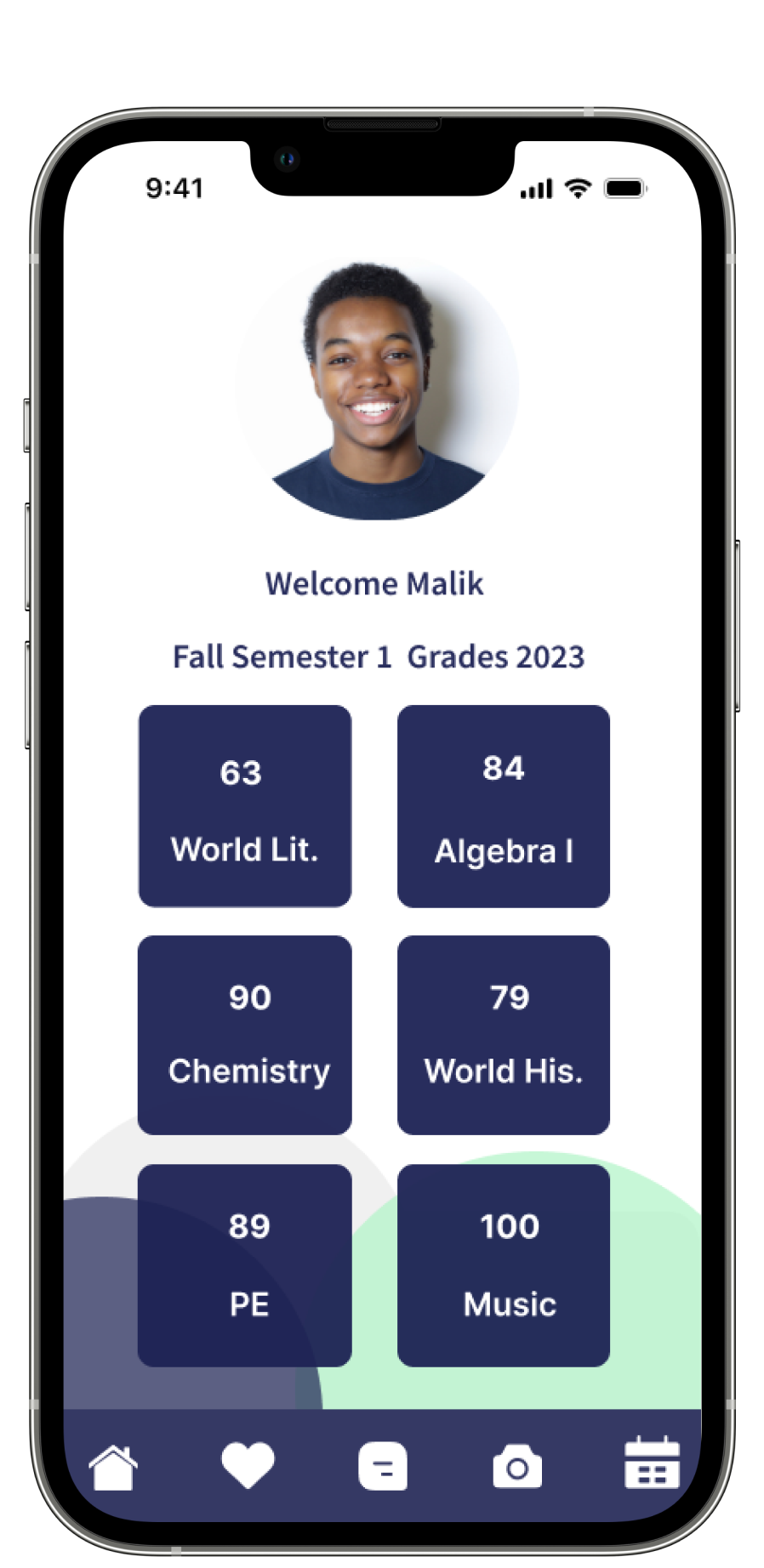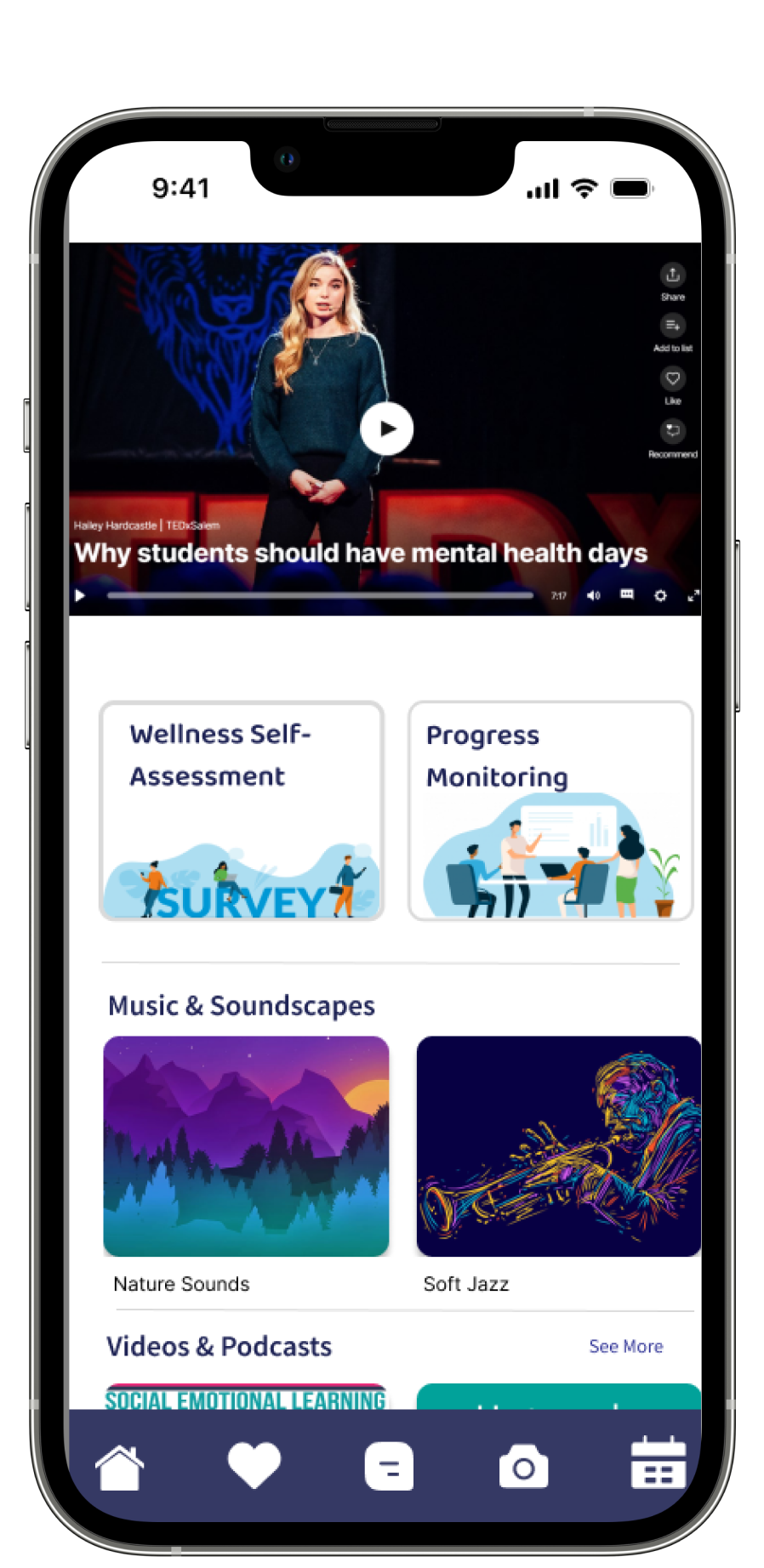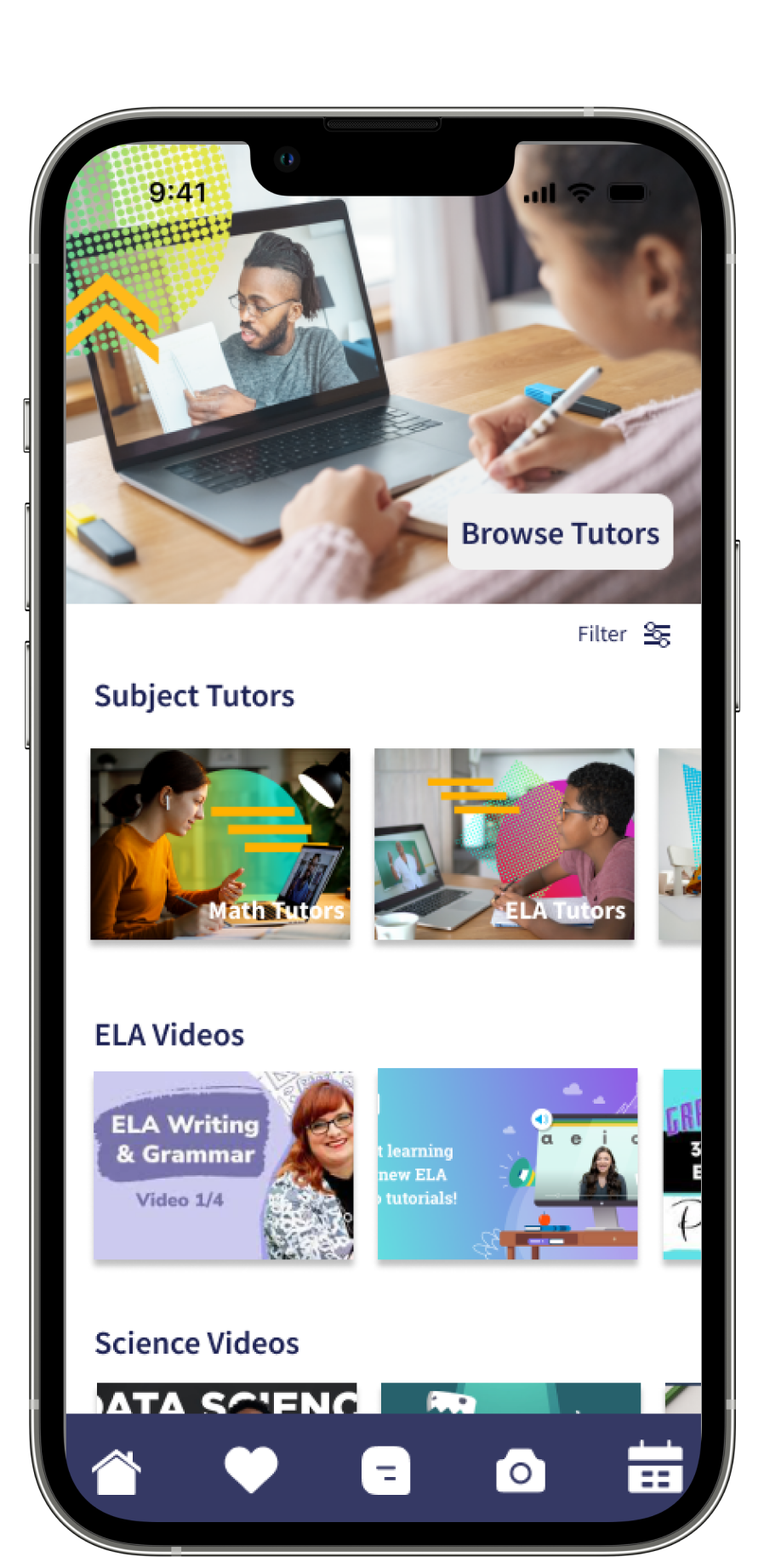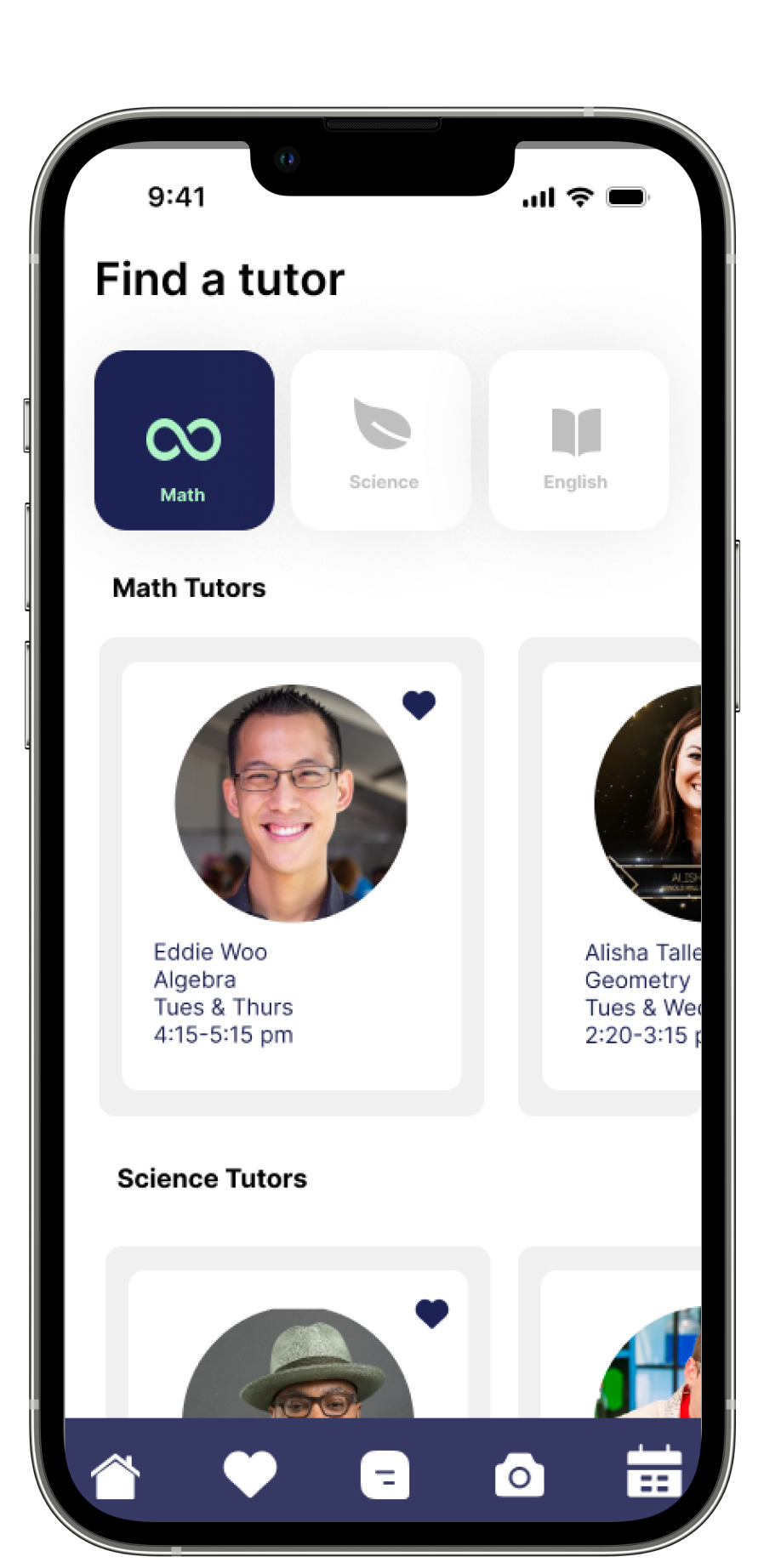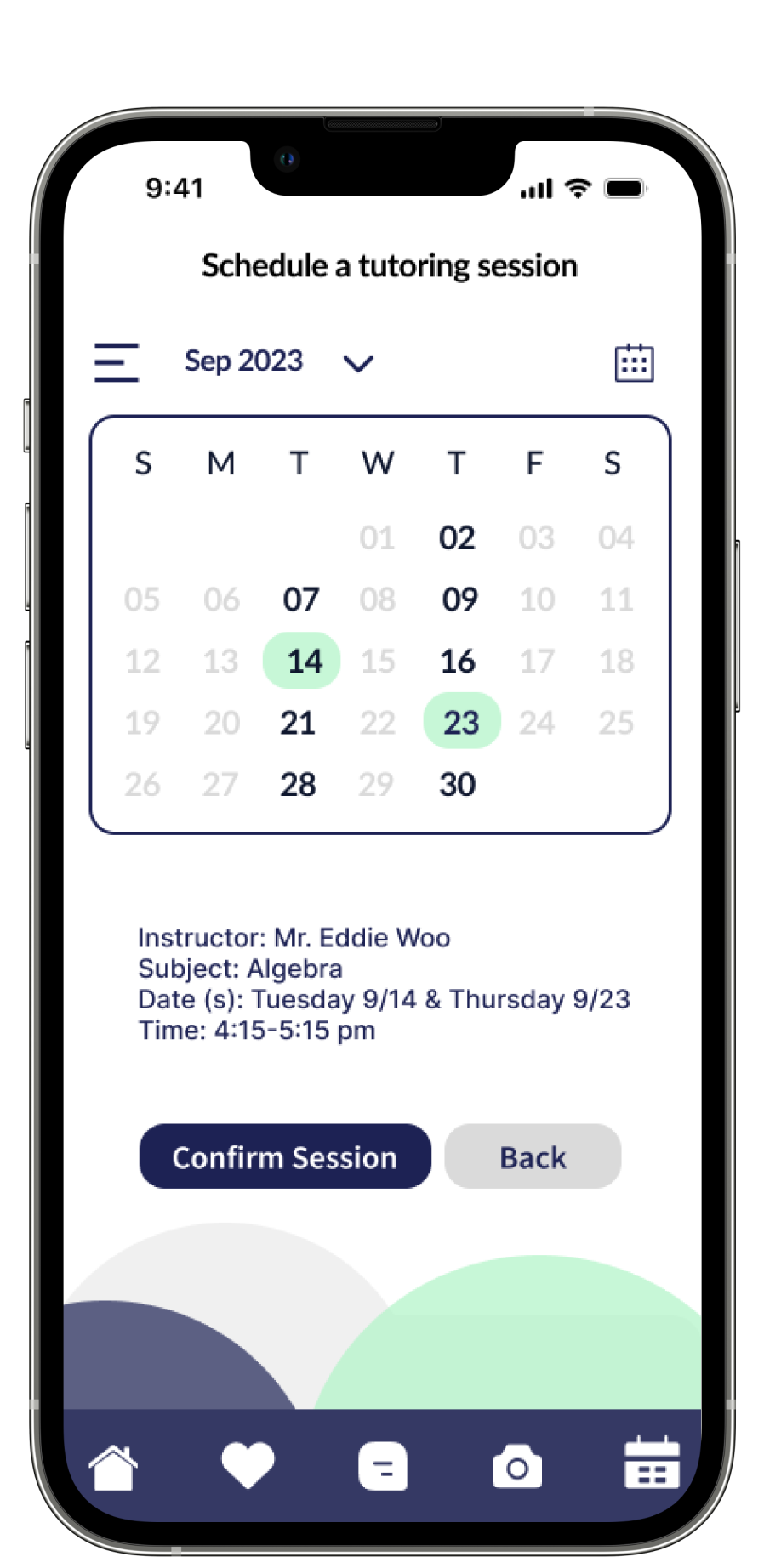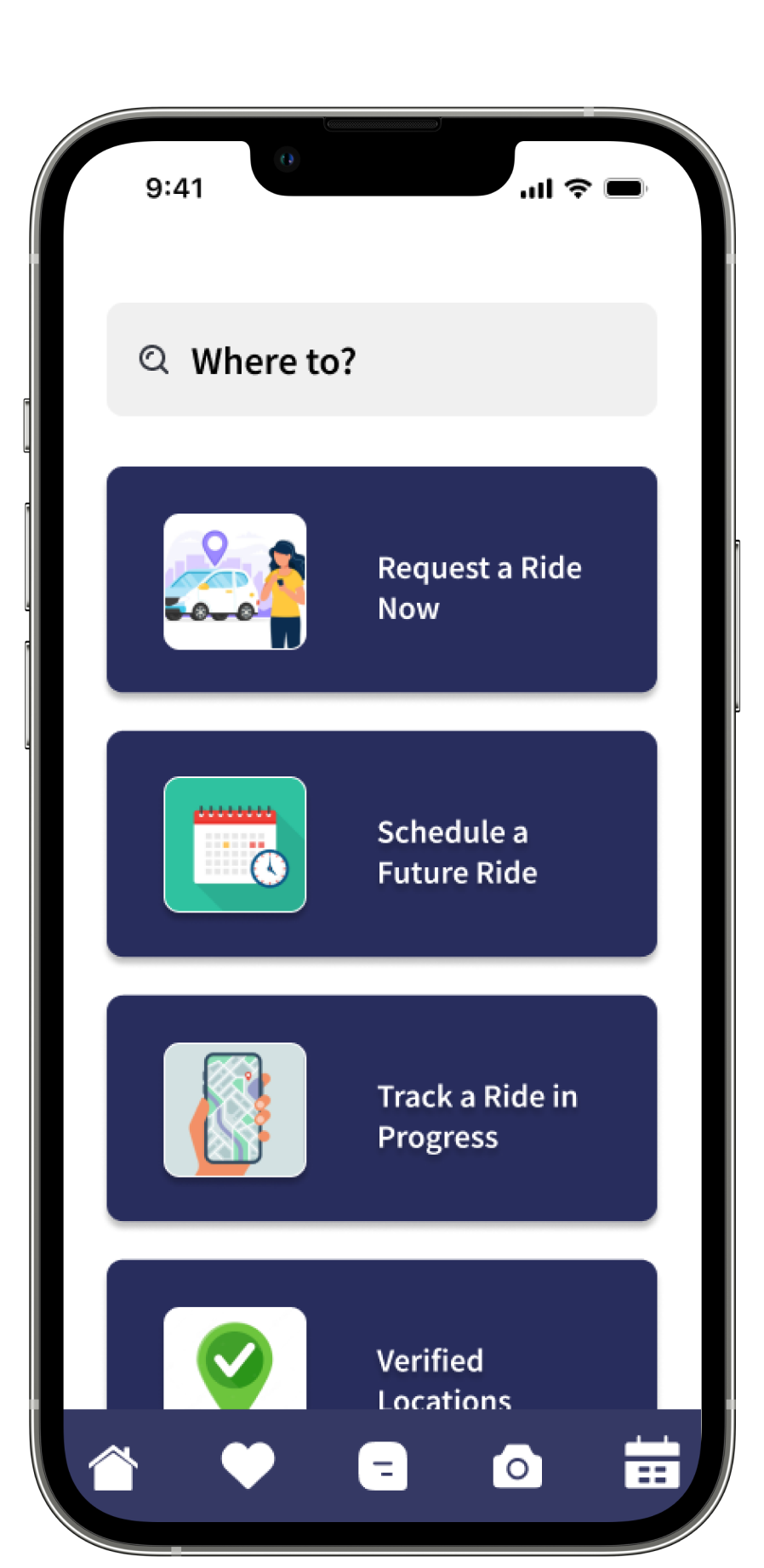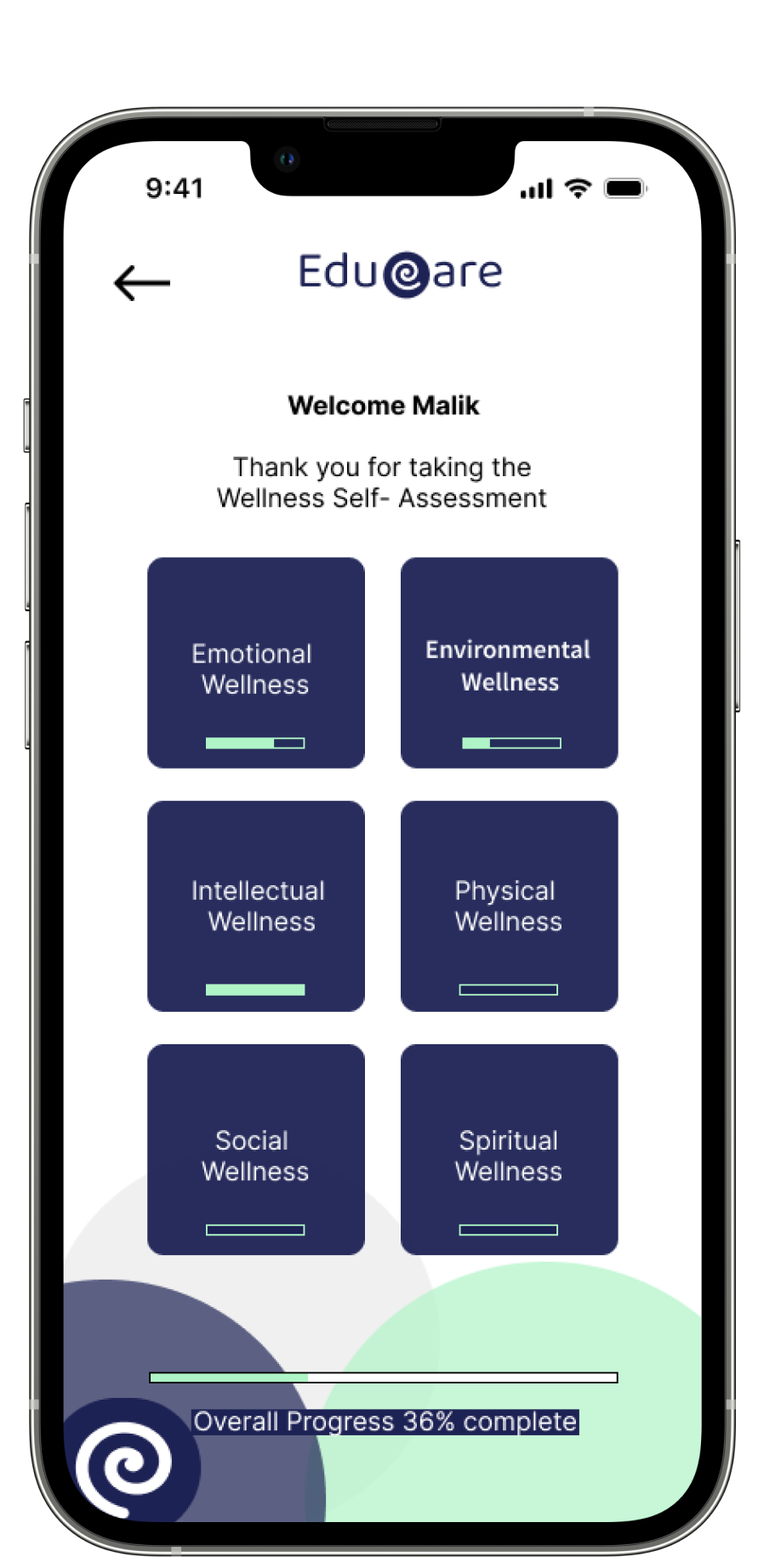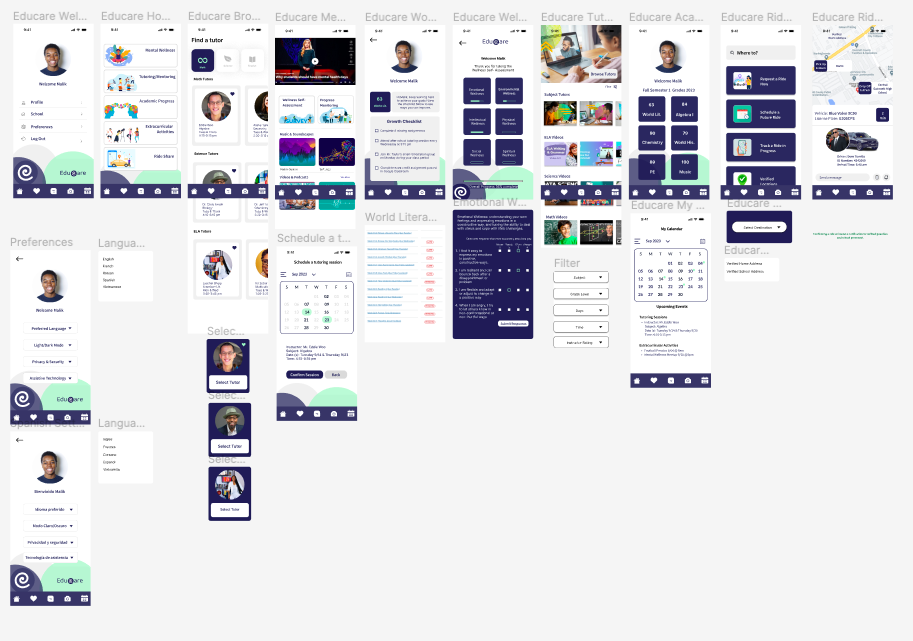The problem
Problem: Many students have limited access to mental wellness resources, tutoring, mentoring, academic progress, and available transportation to help improve student achievement. While there are some apps that offer some of these services individually, there isn’t an app that integrate all of these features for easy access.
the SOLUTION
Solution: Create a user-friendly and accessible platform that meets the diverse needs of students, promoting their well-being and academic success. Provide a centralized platform to bridge the gap between students, parents, schools, and the broader community, fulfilling the social need for comprehensive support. Duration: June-July 2023
target audience
User: Gwinnett County students across various age groups within the K-12 spectrum, along with their parents or caregivers who desire to be actively involved in their education and well-being. All K-12 students and families.
Initial Research
How Often Do You Feel Stressed?
Students are Recognized for Good Behavior
I Know An Adult I Can Talk To If I Need Help
I was initially motivated by my own unique insights into the school system after teaching for ten years. I worked in three different school districts and noticed very similar issues throughout. For this initial research I referenced my own observations in addition to the *2023 Georgia Student Health Survey and the US News reports from the last school where I taught in Gwinnett County Public Schools.
“*Revised in 2022, the Georgia Student Health Survey is an anonymous and statewide survey instrument that covers various topics such as school climate and safety, peer and adult social support, bullying, mental health, substance abuse, and suicidal ideation.”
Profiles in Purpose: Bringing Users to Life
I devoted significant attention to crafting the user personas for this project because I knew how paramount their experiences were in authentically mirroring those of the real users—users I was very familiar with. I wanted to include students, their parents, and other community stakeholders. The complexity and depth of each persona is pivotal in understanding the fundamental necessity underpinning the project and the thoughts behind the proposed solutions. The video below the user personas shows some of my former students who are the inspiration behind Educare.
Design Seeds: Planting Ideas for a Better Education
Click image to enlarge
ideation
1. Students have access to video call with mentors/tutors
2. Detailed info about how to improve grades with affirming messages
3. Chat feature to build community with peers
4. Schedule a ride to and from school
5. Set language preferences to address language barriers
6. Users can share mental wellness resources
7. Receive important notifications
8. Parents & school personnel can track rides in progress.
Click image to enlarge
key challenges & constraints
a. Language and cultural barriers: Ensuring the app accommodates diverse languages and cultural backgrounds to serve a broad user base effectively. I included most spoken languages by my target audience in the Gwinnett area—English, Spanish, Korean, Vietnamese, and French.
b. Privacy and data security: Designing the app with stringent security measures to protect user data and maintain confidentiality.
c. Technical limitations: Adapting the app to work seamlessly on various mobile platforms and devices, considering limitations such as screen sizes and processing power.
Click image to enlarge
low fidelity prototype
I wanted to design a clean and intuitive layout that K-12 and adult users would be able to access and easily understand. I used a card layout on most of the pages for organization and appeal. It also allows for very clear reading of the headlines. The low-fidelity prototypes show a user login page to enhance security with a homepage where users can access the main features–mental wellness, academic progress, rideshare, extra curriculars, & tutoring/mentoring.
High Stakes Testing
moderated usability test insights
Insight 1: Parents place significant importance on the ability to track their child's academic progress, including grades, assignments, and class information, to actively engage in their education.
Insight 2: Reliable and secure ride share functionality is crucial for parents and students to coordinate transportation needs efficiently and with peace of mind.
Insight 3: Users want ability to video call with mentor, counselor, tutor, and even send video messages to teachers.
“[The academic section] was the best section. It looks the best. It’s the most useful.”
“Having some company [on the ride share feature] would make me feel safe.”
Back to the Drawing Board: Nurturing the Design To Meet User Feedback and Industry Standards
I made many iterations on this project. I wanted it to reflect something that was practical, inviting, easy to use, and felt comfortable in the hands of students, parents and other stakeholders. My two biggest challenges were making sure that I was designing tools and features that were actually a necessity and using industry standards in my user interface. There are resources and tools that districts will often adopt, but the students don’t buy in so these tools never get used and are easily replaced year after year. I worked to design something meaningful that students in K-12 would actually want to use and even recommend. In my research, I made sure to interview and conduct usability studies with parents and elementary through high school students. I collaborated with senior designers for feedback on the user interface and made further iterations to make the app stronger. I believe strongly in the app concept and with the right resources and support from a school district, I would develop this project into something students could actually use.
After the first usability study, I included the chat and video icons in the bottom navigation for quick access to these features. I also wanted to make the homepage more inviting, professional, and branded. The darker blue looks less animated. I wanted to include more visual cues.
Robust Academic Progress section: I included a good amount of details on this page to ensure students and parents could find the information they needed and to promote student success and growth.
Schedule a tutoring Session: This is not a screen I included in my original mockup, but I learned that it was important for users to be able to see a full calendar and receive confirmation about their tutoring session. After confirming, the session is automatically added to their personal in-app calendar.
Value and Impact
Empowering Student Success:
The EduCare app can become a catalyst for empowering student success. By providing seamless access to academic resources, tutoring services, and extracurricular activities, it can contribute to a more enriched and well-supported educational journey for students across diverse age groups.
Efficiency and Time Savings:
Busy parents and students can experience the efficiency gains offered by EduCare. The app's integration of multiple features in one platform has saves time, eliminating the need to juggle between various sources for information.
Strengthening Parental Engagement:
For parents like Jennifer Lee and Rachel Nguyen, the app can transform the dynamics of parental engagement. Real-time updates on academic progress, extracurricular activities, and streamlined coordination of rides can empower parents to actively participate in their children's educational pursuits.
Holistic Well-being for All:
The integration of mental health resources can make EduCare a beacon of holistic well-being. Students like Malik Williams and Rachel Nguyen can find a supportive platform that not only addresses their academic needs but also nurtures their mental health and personal development.
Community Connection:
The app's role isn't confined to schools; it extends into the community. EduCare fosters connections within the Gwinnett County community, making it a valuable tool for students, parents, and volunteers like Robert Davis.
Streamlined Educational Ecosystem:
Even administrators can witness firsthand the positive impact of EduCare in streamlining the educational ecosystem. The app's comprehensive approach to academic progress, mental health, and extracurricular activities can contribute to a more cohesive and supportive learning environment.


